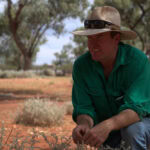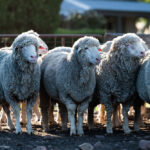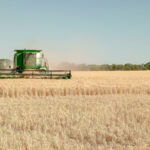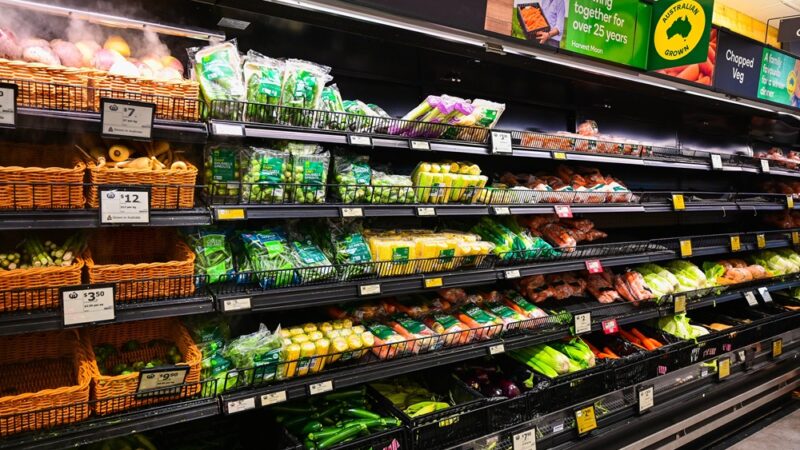Sponsored by Green Collar
Value-adding with a Viking flavour
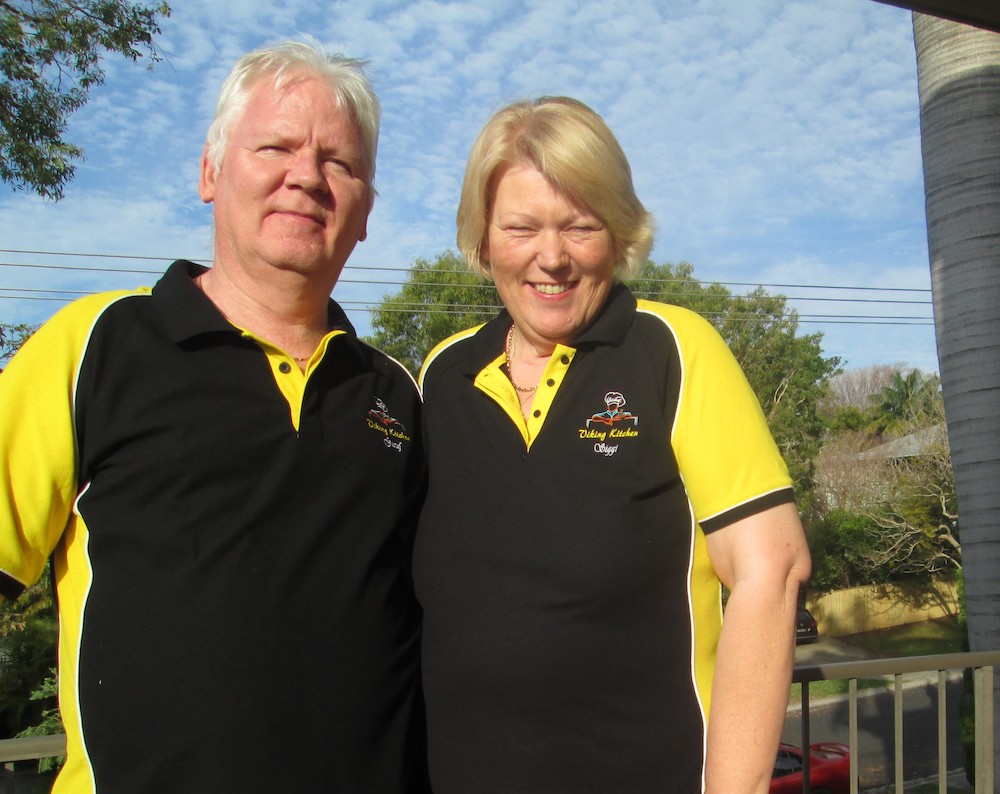
NSW Farmers members are a diverse bunch of food and fibre producers. Very few, however, would claim Viking heritage or growing up on Icelandic farms and fishing boats like Gustaf and Siggi Ragnarsson from Coffs Harbour.
Gustaf and Siggi have been teaching the Viking way of preserving food with a no-waste approach to processing meat as a business opportunity for farmers in NSW for the past 15 years.
While they now proudly call the Coffs Coast region home, their Icelandic roots remain strong and have made their way into hundreds of farming businesses across northern NSW to grow value-adding opportunities.
�We had both always wanted to come to Australia. We had both applied for visas even before we met, but we were too young. I don�t know why it had to be Australia, perhaps it was the Viking desire in us to travel afar,� Gustaf said.
The couple spent 10 years living in Sweden before moving to Australia 35 years ago with two young boys in tow. Gustaf grew up on fishing boats in southern Iceland while Siggi spent much of her childhood years on a mixed farm in the middle of the small island nation.
�My brother had a business building fishing trawlers in Eden, so I went there to ply my skills from Iceland,� Gustaf said. �My brother was a master in building fishing boats and moved the business to Portland in Victoria.�
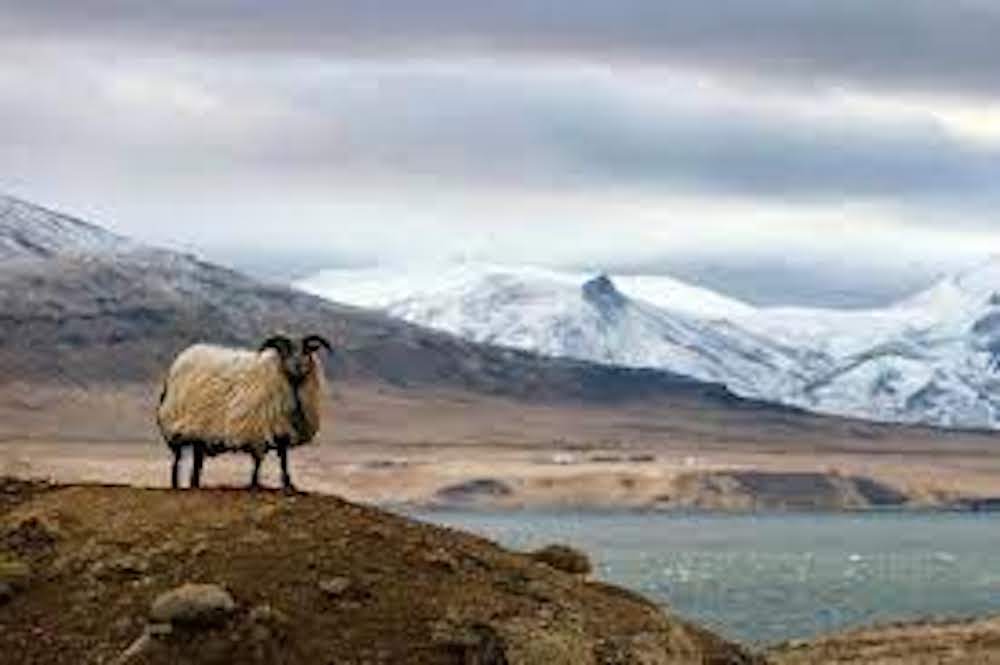
Siggi and Gustaf oddly found Portland too cold and moved to the sub-tropical climate of the Coffs Coast region. Siggi continued her nursing career while Gustaf focussed on using their business and food preparation skills to open a restaurant that used traditional Viking methods of cooking food on
hot rocks.
While Gustaf tapped into the bounty of local fresh produce and seafood for the Royal Viking restaurant, Siggi revived her Icelandic cheesemaking and meat curing skills, and joined her husband in becoming a qualified business trainer.
�I did a few cheese and meat platters and some beef jerky for friends, and they absolutely loved it, and I was loving making food that I grew up with,� Siggi said.
�The other main reason why we started to offer value-adding workshops for farmers was because so many people we met from regions west of Coffs Harbour wanted to learn how to make more from dairy and meat products, including from animals like deer, pigs, and goats.”�
Siggi Ragnarsson
�That includes how to make things like gourmet sausages and meatballs with the right herbs and spices, and our simple bacon made from pork belly has been a real hit.
�All the ingredients we use are natural. There are no preservatives or nitrates.�
Cool farming in Iceland
Siggi learned the fine arts of cheesemaking and meat curing while working on her family farm in Iceland. The farm had sheep, horses, cows and vegetables and produced enough food to feed family and friends throughout the year.
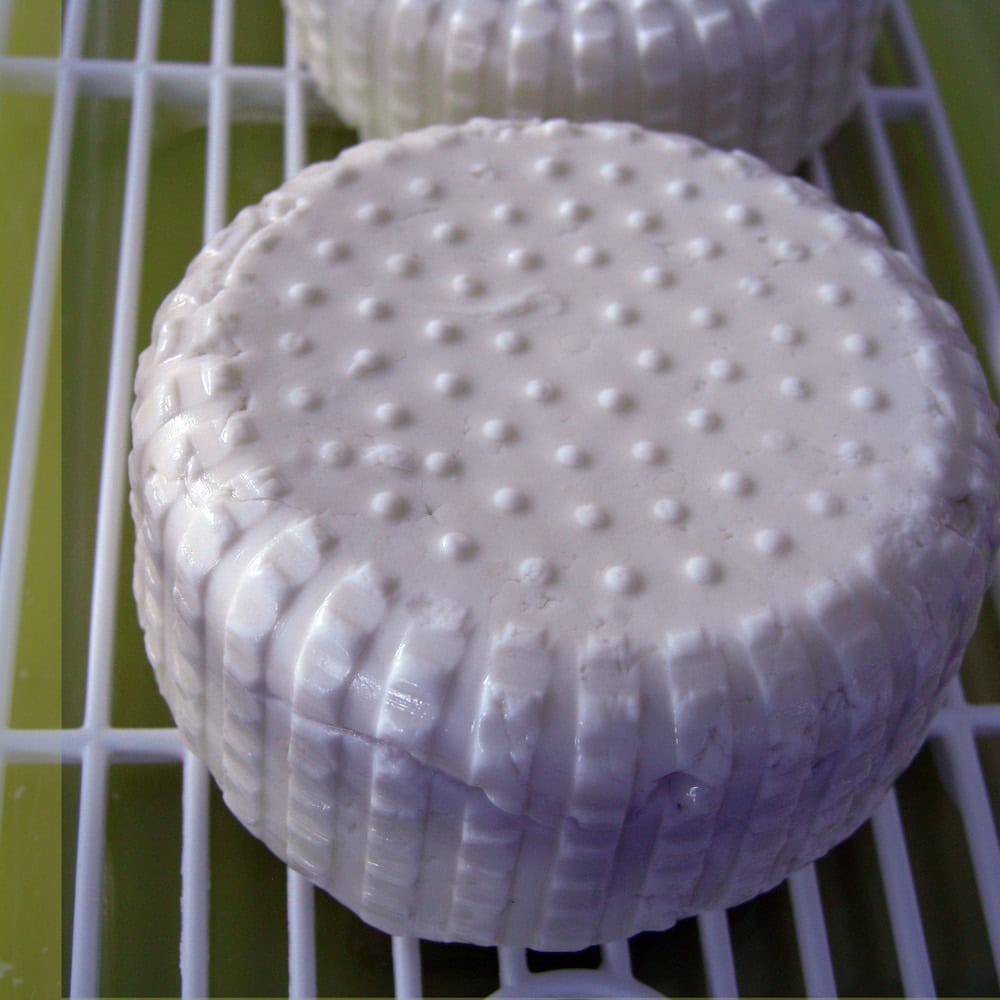
�It was a very busy time from late March through to September on the farm in Iceland. We worked 12 to 14 hours a day to get everything done before winter,� Siggi said.
�You make everything on the farm during that time. That includes all your cheeses, cured meats, jams, preserving vegetables and making liver and blood pudding. Winter in Iceland is the time to feast, drink and party.�
Iceland is about as far away from Australia as you get, both in terms of distance and types of farming systems. We do, however, share a love of sheep meat and wool. Up until the 1980s, Iceland�s sheep population was more than three times that of the country�s 230,775 residents, with lamb being the most popular red meat. Today, the sheep-to-human ratio has reduced to 1:1, with 368,600 sheep remaining on the island.
Siggi says Icelandic sheep are well-adapted to the country�s harsh conditions as they are direct descendants of the sheep brought in by early Viking settlers.
�The lambs are almost always all born in May when the saudburdur (lambing) starts. This is a very exciting time for all the farmers, and they get help from friends and family.�
The sheep graze on the mountainous pastures during the short summer months and are kept indoors during the winter and fed on preserved grass.
�Iceland is not big on beef, because of the challenges of having them indoors for up to six months of the year. There are some goats and pigs, and horse meat is also consumed in Iceland,� she says.
Siggi was astounded at the amount of meat and offal that was not preserved when farmers in northern NSW told her how they broke down a carcase on farm.
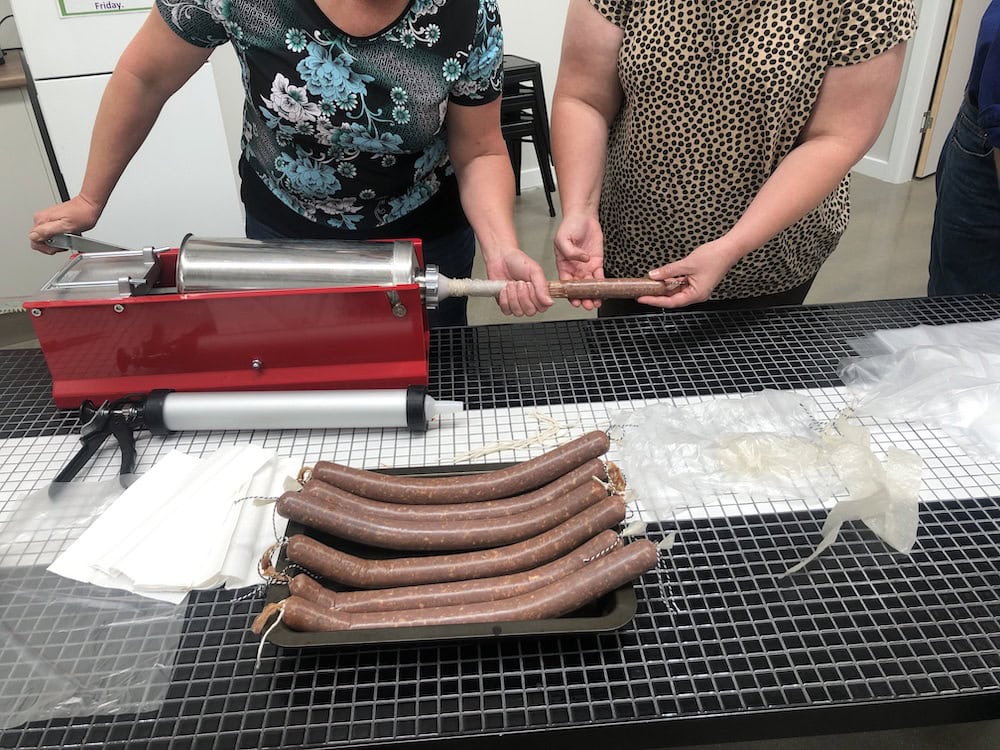
�Some farmers I have met during the workshops did not know what to do with the rest of the carcase once all the traditional cuts are made besides feeding it to the dogs. I could not believe it,� Siggi said.
�When it comes to meat, everything is used in Iceland. I have been able to show farmers here how to get more value out of the carcase through using much more of it and value-adding.”�
Siggi Ragnarsson
�We have also helped a farmer out in Lismore who wanted to do something with the deer on his property. We taught him about the right ratios of salt and other ingredients to cure deer meat and he is now making salami.�
Siggi said much of the traditional farming and food preservation methods remain to this day in Iceland, but greenhouse technology has modernised and diversified the small agriculture sector.
Iceland�s abundant geothermal energy is powering these greenhouses, providing the heat to extend growing seasons and create favourable conditions for crops such as tomatoes, cucumbers, and capsicums.
�Just about everything is grown in Iceland now. They even have tropical crops like bananas and coffee grown in greenhouses,� said Siggi.
Video pivot for Viking Kitchen food training
Gustaf said teaching value-adding and business opportunities to hundreds of farmers and other people in regional towns had been a privilege for a former Icelandic fisherman.
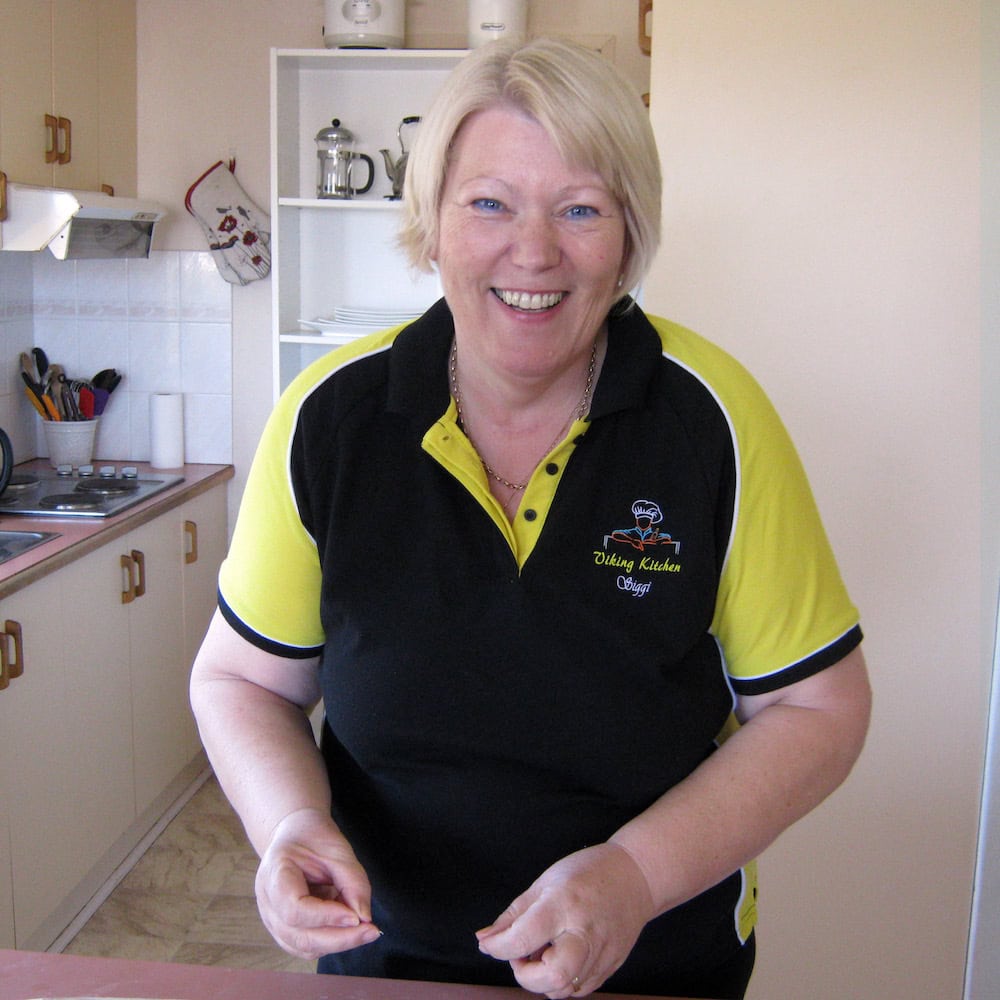
�The people we have met in these small communities out west are such special people. They really stick together, and they are so grateful to us for coming out. It has been so enjoyable,� Gustaf said.
�We held a lot of the workshops in community schools and halls, which were amazing places to get to. The schools got a financial benefit out of it too, and a lot of farmers are connected to these schools.
�It was very sad times for us when the COVID pandemic put a halt to our face-to-face workshops and travelling to these wonderful communities.�
The couple were determined to continue teaching their Viking Kitchen food preparation and business acumen to farmers, so Gustaf put his multimedia skills into transforming the workshops into video content. The couple now sell the video training sessions as part of small business package, which also includes all the required herbs and spices, recipes, promotional materials to use at markets and business
management tools.
�Australia does have the best food in the world. Our workshops are about getting the best value out of that food for a farm business or someone that wants to start a new business.� �
Gustaf Ragnarsson
Head to vikingkitchenfood.com.au for more information on the Viking Kitchen Food workshops and small business packages.


